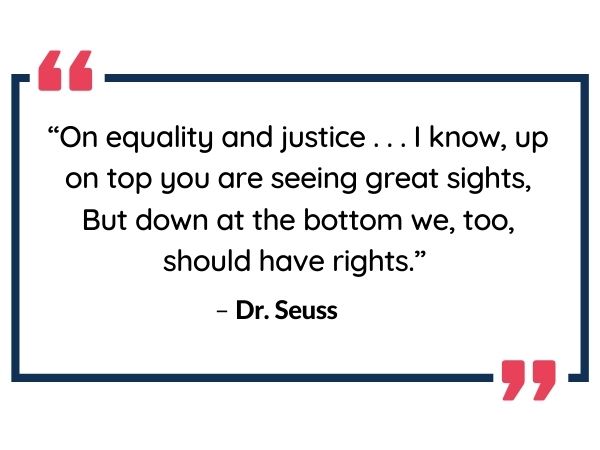COVID-19 has increased financial loss and hardship for families, generally. Fortunately, healthy family systems can often support each other thereby reducing trauma for one another. What about domestic violence victims, however? How has COVID-19 affected this population?
- “During financial hardship, women are at greatest risk of domestic abuse.” Psychology Today, 2018. This still holds true in 2020 as the pattern repeats itself and is further exacerbated by COVID-19.
- “Domestic disturbance calls jump amid coronavirus…”
Global News.ca, September 2020. - “Of particular concern are the rising spikes in domestic violence in Toronto during COVID.”
Canada’s National Observer, April 2020. - “Calls to a Vancouver-based crisis line for women experiencing domestic violence jumped 300 per cent over a three-week period in April.”
Global News.ca, September 2020.
Through COVID there has also been more work loss to women than men which has created additional economic barriers for women:
- “In March, women aged 25 to 54 lost more than twice the jobs than men in the same age group.” Statistics Canada
- “As of June, the number of women returning to work was being outpaced by men.” Global News.ca, September 2020
Something else to bear in mind is the notion that access to agencies previously open to domestic violence victims is now restricted coupled with quarantine issues imposed by COVID. A loss of these agency services presents another layer of restrictions for the domestic violence victim created by COVID.
Global News.ca further enlightens us “. . . the underfunding of services that cater to women is still a barrier.” Financial barriers, restrictions and domestic violence are already innate to domestic violence situations. The increased stress and isolation of victims given COVID-19 has, frankly, only heightened the statistics for domestic violence and economic abuse of domestic violence victims.
CBC News shared the results of a National survey of frontline volunteers and staff working with domestic violence victims:
- Half of those surveyed “Noticed changes in the prevalence and severity of violence, with 82 per cent saying the violence increased and got more frequent.”
- Those surveyed also felt “abusers took advantage of the conditions created by the pandemic to increase control over their victims, using isolation at home as a tool to ramp up violence, using information about coronavirus to exert control, or monitoring and controlling access to technology to limit the amount of help a victim was able to access.”
A limitation to technology would naturally correlate to an electronic inability to access funds, as well. What other types of financial control games play out in domestic violence scenarios?
- When a partner exploits the other partner’s resources?
- When a partner starts interfering with the other partner’s job and their partner’s decisions about their job?
- When a partner tries to generally control the joint purse strings?
These tactics are a form of “economic abuse”. What is economic abuse? Economic abuse occurs when someone controls another person’s economic resources or freedoms as a strategy of control or manipulation. It includes behaviours such as:
- Denying, restricting access to, or misusing another person’s money
- Restricting access to essential resources such as food, shelter or transportation
- Denying a person the means to improve economic status, such as going to a job or getting an education
Economic abuse creates and perpetuates economic instability, making it harder for a woman to leave an abuser, therefore increasing the amount of time she is vulnerable to harm.
Although the Government of Canada increased support in Ontario for child and youth victims of abuse and violence in October 2020, we need to share with the Canadian government that adult domestic violence and economic abuse survivors need additional support as well.
To facilitate that message the Canadian Center for Women’s Empowerment is
circulating a petition to Protect & Support Survivors of Financial Abuse & Economic Injustices which it encourages you to sign. The petition urges the Canadian government to immediately expand the Federal Strategy to end Gender-Based Violence to include financial and economic abuse. You can also join in the CCFWE’s national campaign to increase awareness #HelpUsRise campaign to help fight economic abuse in Canada.

By Corinne Isaacs-Frontiero, CCFWE Volunteer







